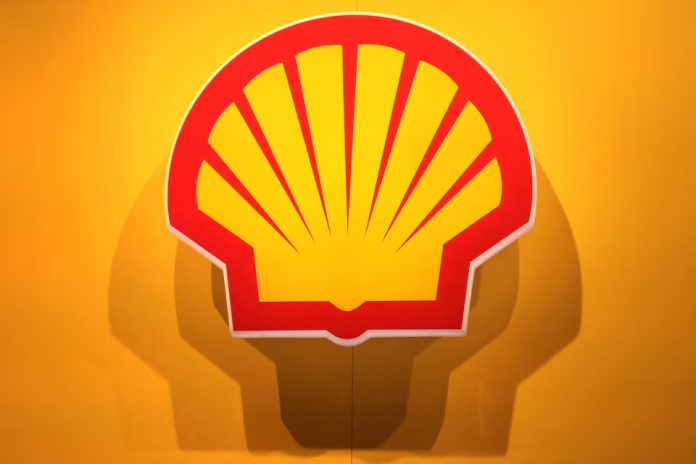Shell has announced a $400 million write-down on its oil discovery in Namibia’s offshore block PEL39, deeming the resource commercially unviable. This development is a blow to Namibia’s ambitions to become a crude producer.
Key Developments
• Challenges in Commercial Viability:
Despite initial hydrocarbon discoveries in 2022, Shell cited technical and geological difficulties in developing the resources. Low rock permeability and high natural gas content were key challenges.
• Exploration Results:
Over the past three years, Shell drilled nine wells in the block, achieving multiple discoveries but struggling to confirm them for commercial development.
• Global Interest in Namibia:
The PEL39 discovery, along with TotalEnergies’ Venus discovery in a nearby block, had spurred global attention on Namibia as a potential oil and gas producer. Other companies, including Galp, Chevron, Rhino Resources, and Azule Energy, continue exploration efforts in the region.
Namibia’s Response
The Ministry of Mines and Energy stated that Shell’s decision will not derail the country’s energy ambitions:
“We are positive that the remaining potential of PEL39 and other exploration campaigns will translate into commercial developments.”
Industry Implications
• Shell’s Future in Namibia:
While Shell has encountered setbacks, it remains committed to exploring other commercial pathways and additional opportunities in Namibia.
• Broader Exploration Activity:
Galp recently made a major discovery, and TotalEnergies plans a final investment decision on its Venus discovery by the end of the year.
• Financial Impact:
Shell’s trading update revealed a $300 million write-off in Colombia in addition to the Namibia losses, as part of its upcoming Q4 results on January 30.
Looking Ahead
Despite setbacks, Namibia’s growing exploration activity suggests continued interest from global energy giants. Future exploration and investments could still unlock the region’s vast energy potential.

